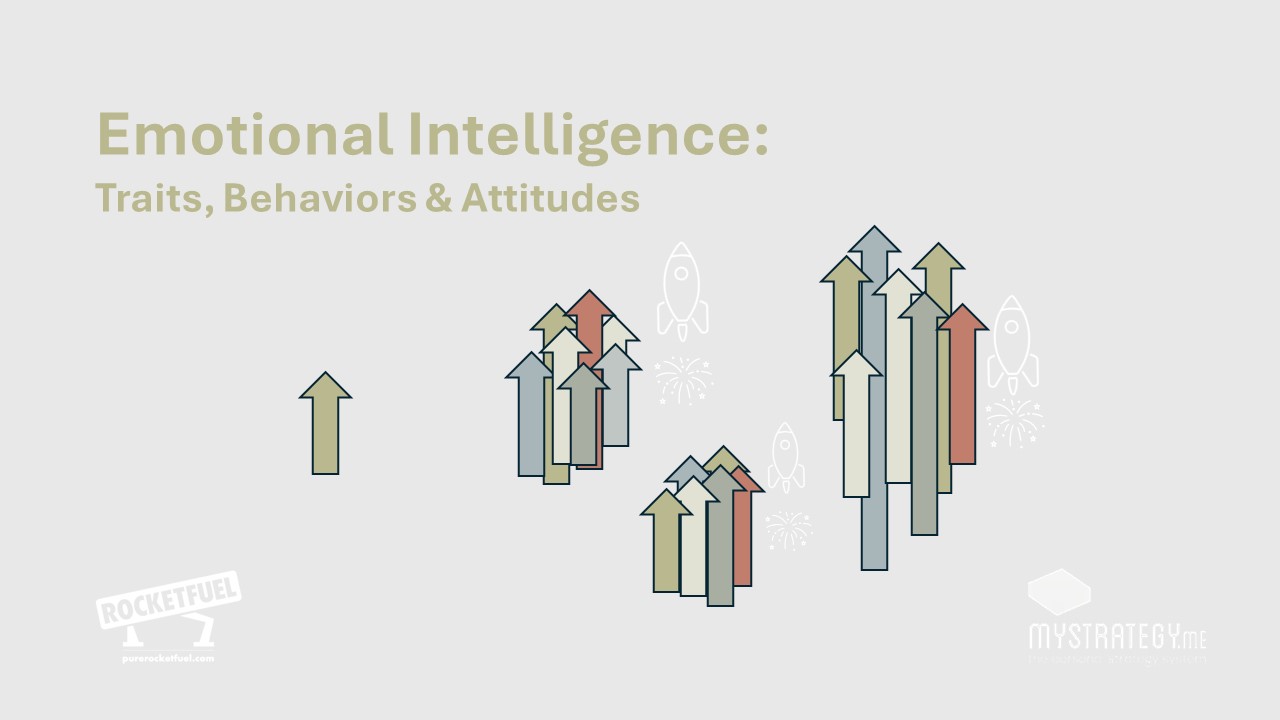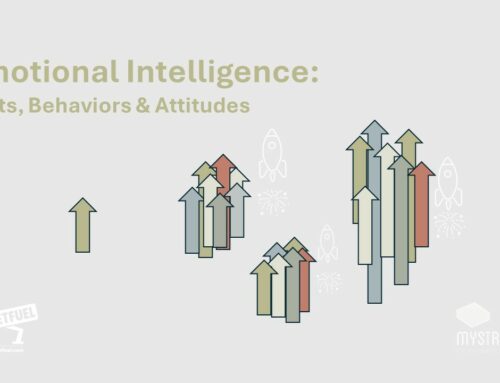
It’s time to kick your inner critic’s ass once and for all, to alleviate doubt, suggests Leadership & Performance Coach, Davina Greene.
If I lined up all the action-takers of the world in order of activity, would you be at the head of the queue or holding firm somewhere at the back, doing a mighty job of stalling yourself before anyone else has even had a chance to give it a shot?
As we gear up for a new year, is there anything you’d like to change about your approach to self-talk? After all, it’s not a nice feeling when you’re constantly convincing yourself that you probably can’t accomplish anything, to the point where you inevitably end up hesitating, compromising or cancelling. No pain, no gain; no discomfort, no resilience-building. What to cull? Brutal perfectionism, endless second-guessing, procrastination…you decide.
Self-doubt stands between your ‘as is’ and your ‘to be’ – that is, it works against your ability to, at some point, look backward and observe satisfactory levels of progress. It works against your personal strategy. Self-doubt can overwhelm you both personally and professionally. It’s a very personal battle – a battle that may have been fueled by a careless comment from a parent or a teacher, a careless self-judgement against an unrealistic ideal, or a careless long-running joke from someone who thought you could ‘take it’.
Observers may not understand your inaction, your fear, and may interpret it as lack of ability, backbone, or motivation. You may be left in a state of ongoing scrappy defensiveness, the unattractiveness of which then sabotages your chances of success even further. Unfortunately, you can only beat doubt by practicing beating doubt – needless to say, you’ll be outside of your comfort zone for the duration.
How To Alleviate Doubt
What to do? Well, first of all, admit that the self-doubt is actually happening. Once that’s done, listen out for the gremlins in your head. “I can’t…”, “I probably can’t…”, “People like me don’t achieve that sort of thing…”, “Jane could do that better than me, so I shouldn’t even start”. Now, think about what you’d say to your child, partner or friend if they spoke like that about themselves – you wouldn’t let them do it, right? So, fire ahead, make that exact point to yourself! Vigorously!
Once you’ve done some thoughtful exploration, write down your strategy. You can’t solve a problem by having a head full of ideas you could use, you need to choose which ideas you will use. Consider if there’s someone in your world who is full of confidence. Can you steal any tips by watching or talking to them?
Then, take those chosen actions! If you don’t trust yourself to persevere, enlist the help of a friend or coach. Very importantly, have pleasant distractions at the ready. If you’re going to embark on an uncomfortable project, know what your outlets for enjoyment are going to be, at all times. Finally, keep a log of accomplishments – and highlight the tough ones, for extra credits. Was it worth pushing through the self-doubt and embracing the fear? Of course it was, if you really meant the goal you chose.
Have Perspective on Doubt
For perspective, remember you’re not the only one experiencing feelings of self-doubt – most people experience it to at least some degree in at least one area of their life. Remember also to look to other people for ideas and inspiration, and not for a stick with which to beat yourself. You don’t know the story of their success – how can you achieve alone what they achieve with a hidden team, be that a business empire or an impeccable sense of style?
And stop worrying about what 7 billion individuals may or may not choose to feel about the choices and successes (or otherwise!) that you pack into your life. People will judge, people will criticize, that’s true for all of us – so, who cares? Caring about things you cannot control, and that ultimately don’t need to have any impact on you, is not a good use of your energy.
Doubt is just an idea, a suspicion, an assumption. Don’t mindlessly let it become a fact. Employ all of your sense of perspective and emotional intelligence to conquer it.
Key Points to Alleviate Doubt
Take responsibility: if you want to see change, nobody can achieve that but you.
Attack doubt head-on. Write down the unhelpful thoughts – make them tangible, then ridicule them.
Dedicate 5 minutes each evening to recapping as to how you spoke to yourself today.
Ask for help. Someone you trust can be invaluable in adjusting your perspective.
Try. Just try. If nothing more, you may gain a good story!
Interested in investing in your own personal – and personal strategy – development? Check out www.MyStrategy.me!
Share This!
About the Author



